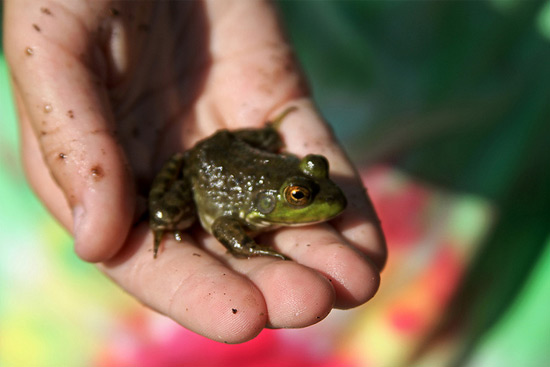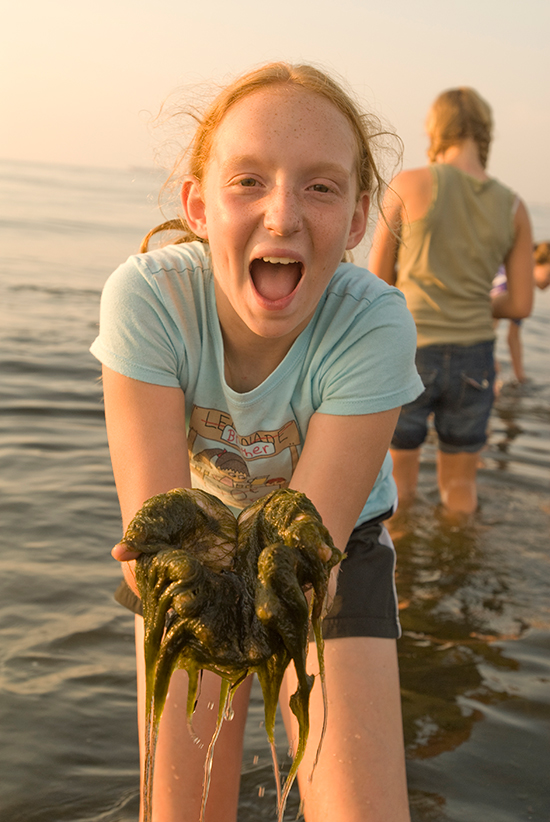Experts work to improve environmental education across Bay watershed
Best practices could help states gauge the success of outdoor learning efforts.
Environmental education is essential to restoring the Chesapeake Bay: students who learn about the nation’s largest estuary will become the next generation of citizen stewards. But without best practices in place for teaching students, training teachers or gauging the success of outdoor learning efforts, it can be hard to ensure watershed states are on the same stewardship track.

Last summer, a group of experts convened by the Chesapeake Bay Program discussed the best practices that can improve and assess environmental literacy, outlined in a report released this week.
The researchers and evaluators, supported by the Scientific and Technical Advisory Committee (STAC), described the essential underpinnings of environmental education and the practices that can drive positive results, from connecting students to the places they live to fostering the belief that they can improve the natural world.

Image courtesy Dave Harp
The Bay Program has formally supported environmental education for close to two decades. Its Education Workgroup recently published the Mid-Atlantic Elementary and Secondary Environmental Literacy Strategy, which sets forth a series of steps to reverse “nature deficit disorder” and equip students with the desire and skills needed to address environmental issues later in life.
The plan was written in response to the Chesapeake Bay Executive Order and calls for the engagement of students in environmental issues like energy use, automobile emissions and urban and suburban runoff. It calls for the increased access of educators to professional development. And it calls for the movement of schools toward sustainability, whether it is a building that has a net-zero environmental impact or grounds that have a positive effect on the health of students, staff and the surrounding community.
Read more about environmental education in the literacy strategy or the STAC-supported workshop report.

Comments
Having taken students out on the Bay with the Chesapeake Bay Foundation since 1998, I can attest to the lasting effect these experiences have on students and their sense of stewardship. Former students still come up to me and say how these were the best field trips they have ever taken. Thank you to all of the people who work so hard to bring environmental education and field experiences to our young people!
Thank you!
Your comment has been received. Before it can be published, the comment will be reviewed by our team to ensure it adheres with our rules of engagement.
Back to recent stories